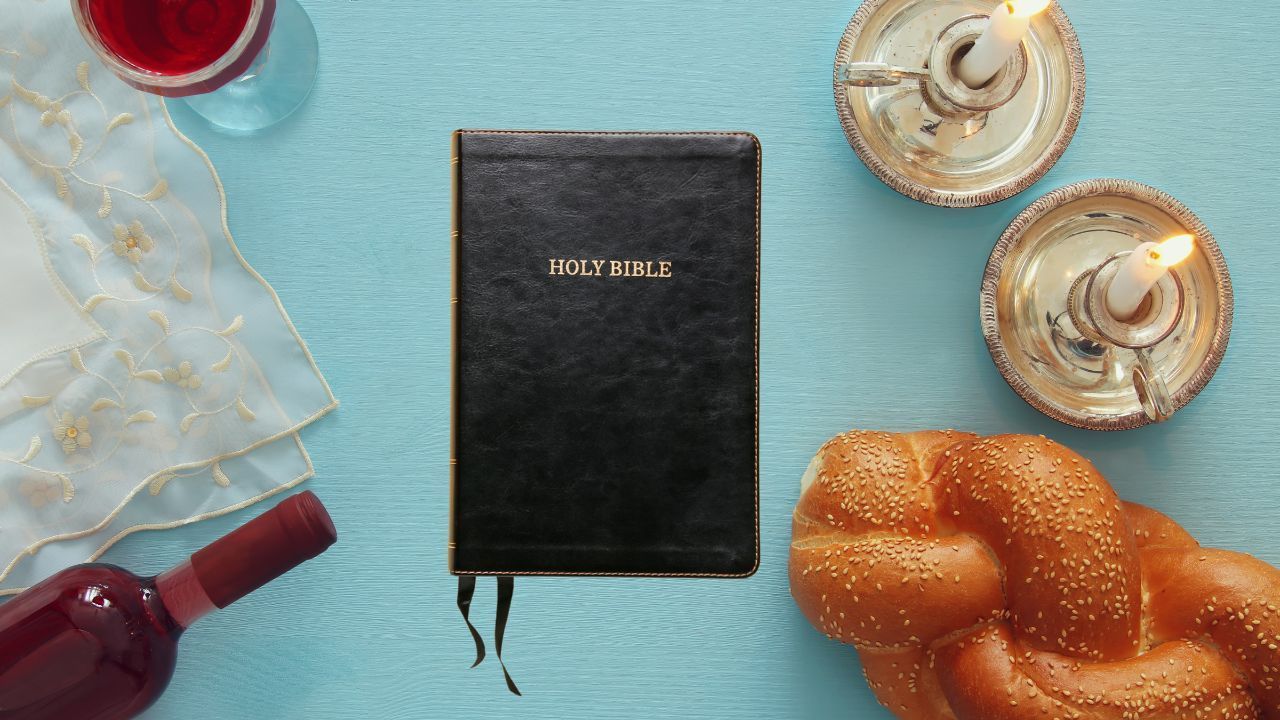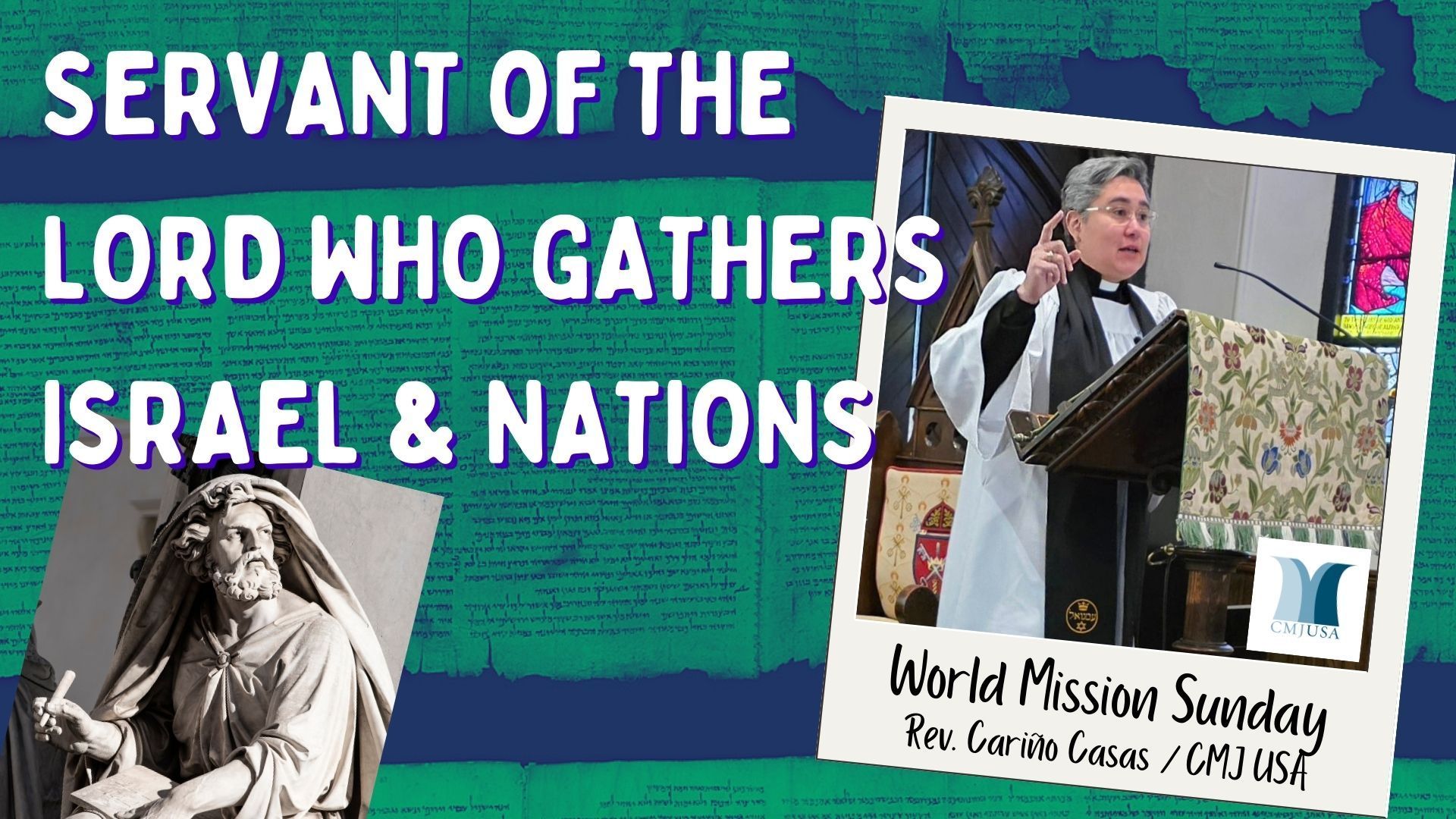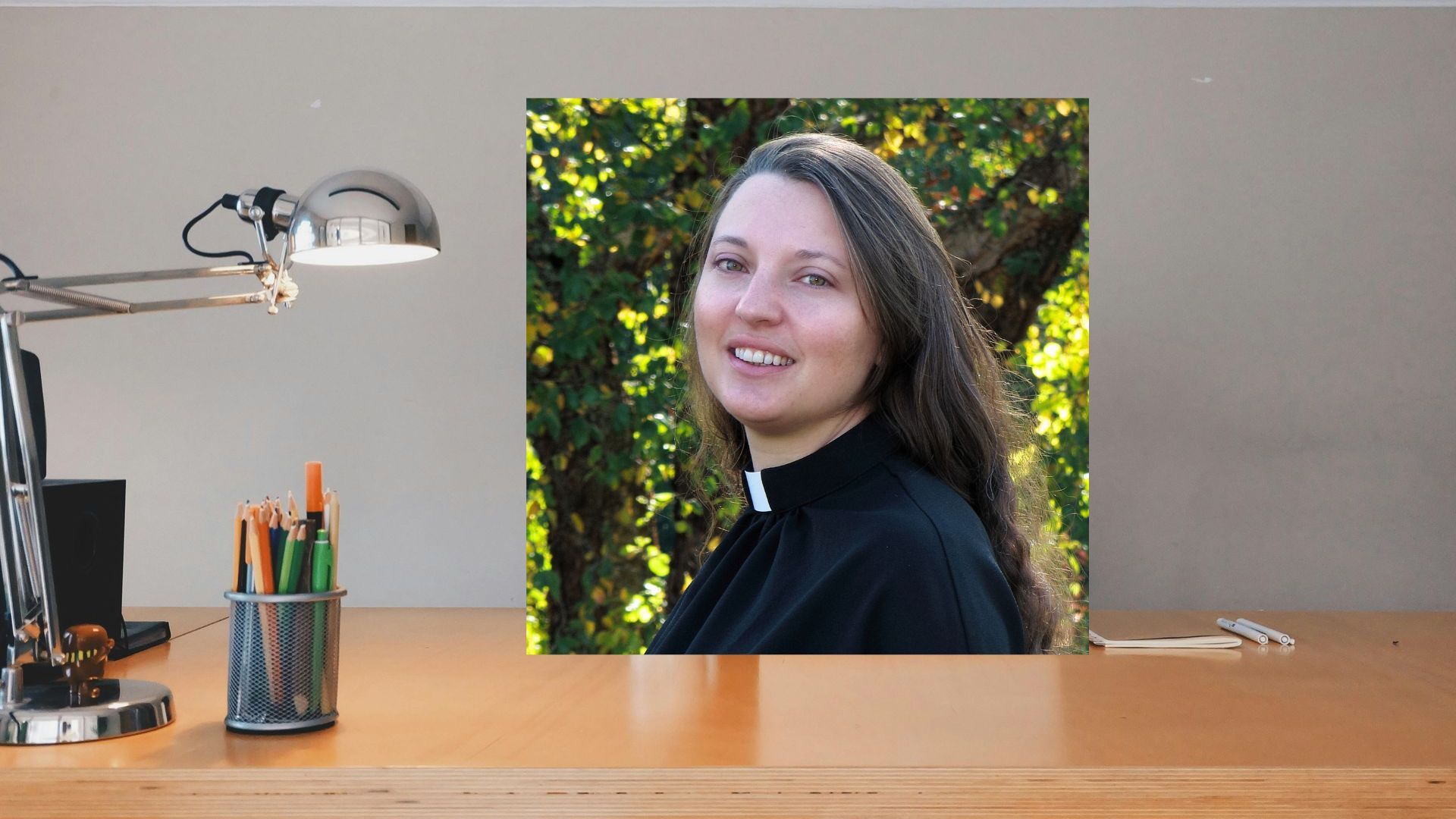A writer at The Gospel Coalition says, “I do not believe the Sabbath is required for believers now that the new covenant has arrived in the person of Jesus Christ.”1
At
Desiring God, answering “Should Christians keep the Sabbath?”, the writer says, “In one sense, no: under the new covenant, no Christian is bound to the fourth commandment as such. … In another sense, however, Christians should keep the Sabbath always.”2 At Grace to You, no, the Sabbath laws are not binding today.3
All three say ‘no’ and one spiritualizes, “Christians should keep the Sabbath always,” meaning resting in the work of Christ even though we still have work to do in our families, communities, and the wider world.
Throughout the Scriptures, including the New Testament, God tells his people to be holy like he is holy (1 Pet 1:16 quoting Leviticus). Where do we learn about God’s holy character? Through the Scriptures including the Torah (Pentateuch, first five books of the Bible).
Torah is sometimes translated as Law. We inherit this translation from Judaism when
Torah was translated into Greek as
Nomos; from there, we jump to Law. But Torah may be better thought of as
teaching or
instruction. Torah, especially the 10 Commandments, teaches us about the character of God and instructs God’s people how to live in community with him and each other.
So,
what does the command to keep the Sabbath teach us about God? How are we to imitate him?
“Remember the Sabbath day, to keep it holy. Six days you shall labor, and do all your work, but the seventh day is a Sabbath to the Lord your God. On it you shall not do any work, you, or your son, or your daughter, your male servant, or your female servant, or your livestock, or the sojourner who is within your gates. For in six days the Lord made heaven and earth, the sea, and all that is in them, and rested on the seventh day. Therefore the Lord blessed the Sabbath day and made it holy. (Exod 20:8-11)
Why are we to remember the Sabbath day? Because God – the all-powerful Creator – rested on the seventh day. If God rested, how much more should we?
Also, God calls the Sabbath holy. The very first use of the word holy in all of Scripture is in Genesis 2. The very first thing God calls holy is not a place or person but a time.
Rabbi Abraham Joshua Heschel notes, in his book The Sabbath: Its Meaning for Modern Man,
There is no mention of a sacred place in the Ten Commandments. On the contrary, following the event at Sinai, Moses is told: ‘In every place where I cause My name to be mentioned I will come unto thee and bless thee’ (Exod 20:24). The awareness that sanctity is not bound to a particular place made possible the rise of the synagogue. The temple was only in Jerusalem, while the synagogue was in every village. There are fixed times, but no fixed place of prayer.4
This resonates with what Jesus tells the Samaritan woman after she calls out the Jewish-Samaritan argument on which holy mountain is the right place to worship God. Jesus sidesteps the location argument: “The hour is coming, and is now here, when the true worshipers will worship the Father in spirit and truth, for the Father is seeking such people to worship him. God is spirit, and those who worship him must worship in spirit and truth.” (John 4:23-24).
How do we worship God? “Love the Lord your God with all your heart and your mind” (Jesus in Matt 22:37, quoting the Sh’ma in Deut 6:5). Jesus elsewhere tells us, “If you love me, you will keep my commandments” (John 14:15).
Are the 10 Commandments Jesus’ commandments? Is Jesus God? Yes and yes.
One of the arguments against Sabbath observance for Christians is that the Sabbath was a covenantal marker between God and Israel (Exod 31:16-17; Ezek 20:12) that passed away with the “old covenant.”
Let’s remember what the New Covenant is. The New Covenant was promised to the Houses of Judah and Israel – the 12 tribes of Jacob – in Jeremiah 31:31-33. In this New Covenant, the LORD promises to write the Torah on their hearts rather than on stone tablets. God also promises, in Ezekiel 36, to regather the scattered tribes of Jacob and “take the stony heart out of your flesh and give you a heart of flesh. I will put my Spirit inside you and cause you to live by my laws,
respect my rulings and obey them” (Ezekiel 36:26-27).
When Jesus ratifies the New Covenant, he does so at a Passover meal with his Jewish disciples (Luke 24:20). Jesus is acting out what he says in Matthew 5:17, “Don’t think that I have come to abolish the Torah or the Prophets. I have come not to abolish but to complete.”
Jesus completes the Torah not just by living it out on Israel’s behalf, but by writing it on the hearts of his disciples, Jew and Gentile. In the New Covenant, the Holy Spirit takes the instruction of the Old Covenant and empowers us to be holy like God is holy.
What then does Sabbath observance look like for the followers of Yeshua?
Paul, in his letters to churches that contained both Jews and Gentiles, warns us against legalism (Rom 14:5, Col. 2:16-17). Jews shouldn’t force Gentiles to be Jewish (Acts 15). Gentiles shouldn’t force Jews to forsake Jewish practice.
Jesus models a Shabbat-keeping that makes room for human need, whether it’s allowing his disciples to “harvest” a snack while walking past a wheat field (Matt 12:1-8) or healing the sick, which Jesus does several times, “for the Son of Man is lord of the Sabbath.”
Where I can agree with the Christian writers, whom I’ve mentioned above, is that the Sabbath does point us to Jesus – our ultimate Sabbath rest. Instead of saying that we don’t have to observe the Sabbath because Jesus has fulfilled it and he is our rest; perhaps we should say, Let’s observe the Sabbath as a way to consciously and physically step into the holy rest of the consummated Kingdom of God.
Our Jewish neighbors see Shabbat as a foretaste of eternal life. “The Sabbath possesses a holiness like that of the world to come,” writes Abraham Heschel.5 Jesus is resurrection life itself (John 11:25-27, John 3:16). So, stopping to keep the Sabbath holy is another way for us to commune with Jesus in this broken world.




